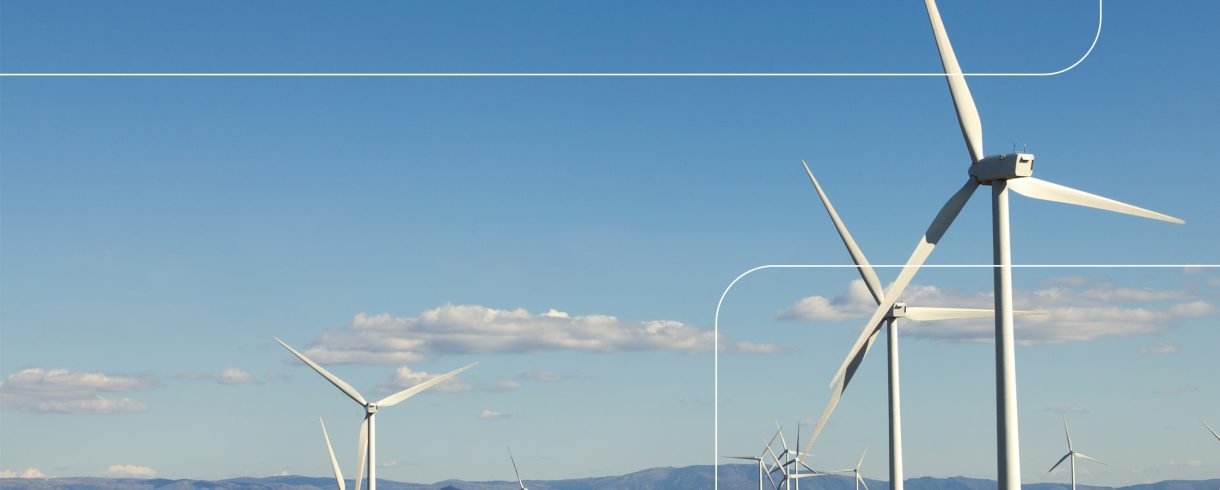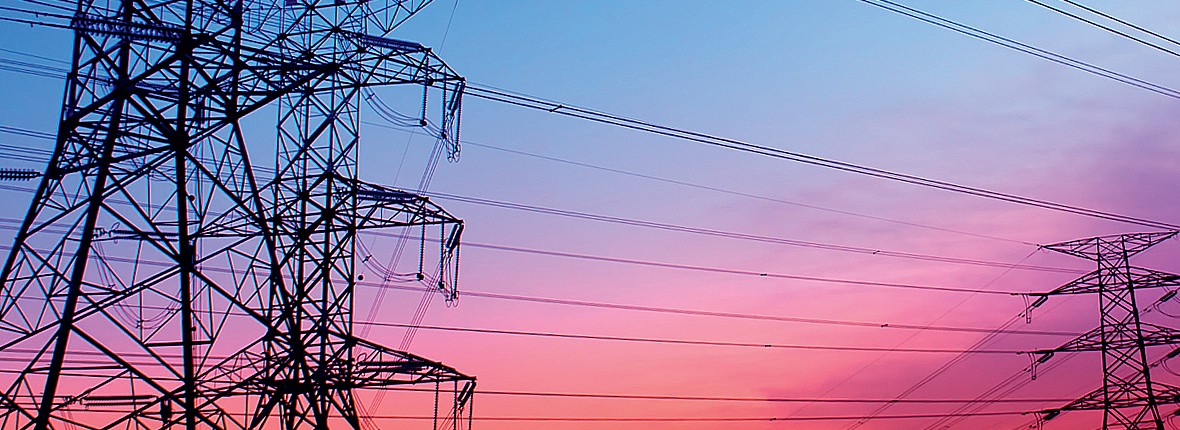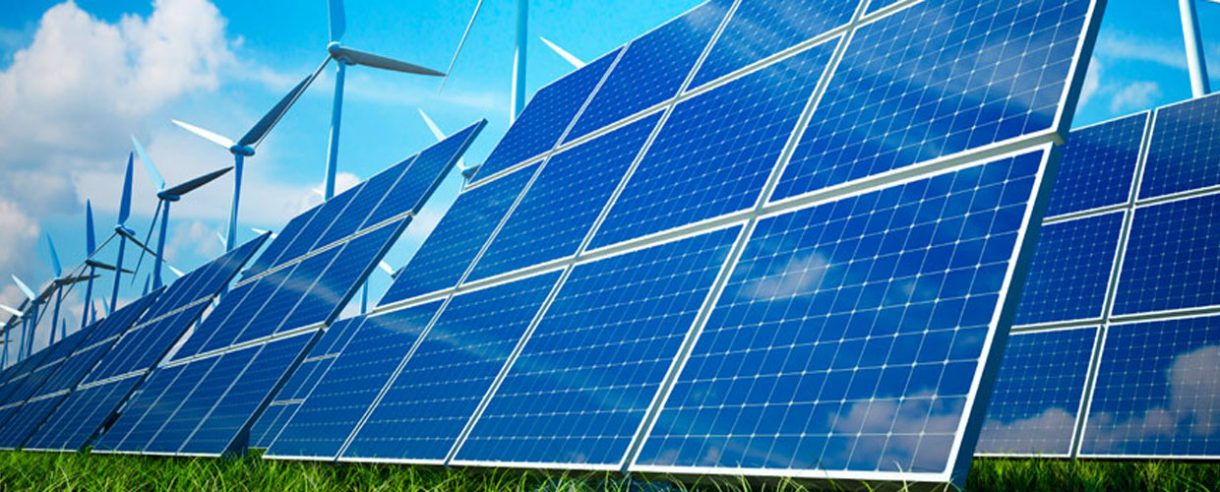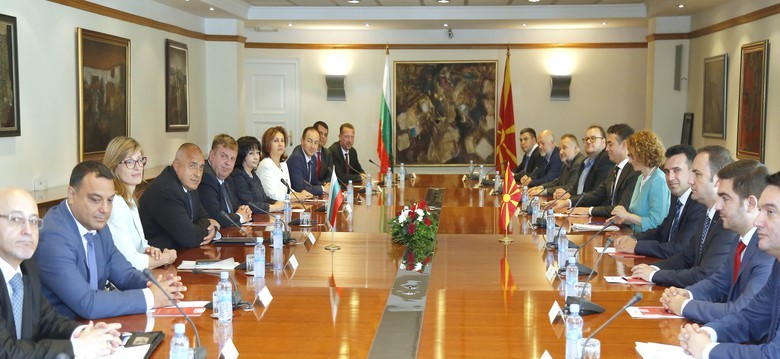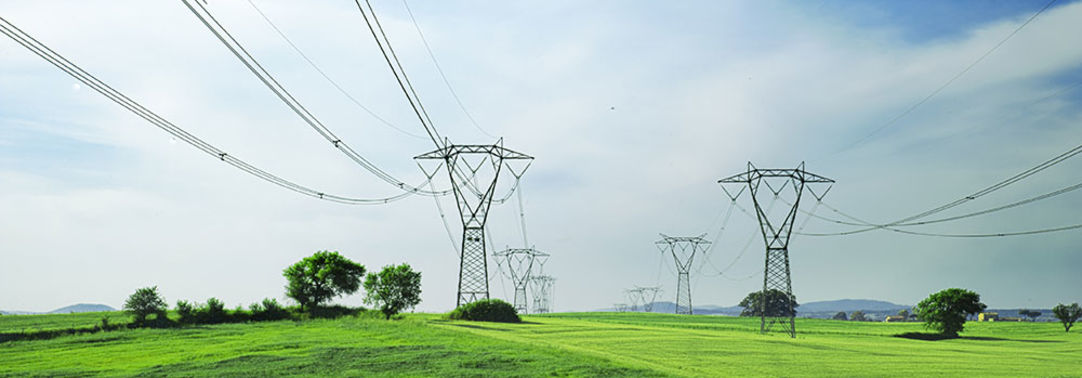
Macedonia’s MEPSO planning to rehabilitate its power transmission grid
The Electricity Transmission System Operator of Macedonia AD MEPSO published tenders inviting proposals for goods and services for its project to rehabilitate and modernize its nation-wide power transmission grid along with a power system control project. The total investment in the projects is estimated to stand at EUR 40.5 million.
The money to finance the projects in all their stages will be co-financed by the European Bank for Reconstruction and Development (EBRD) and the Macedonian power transmission company. The bank said in a statement that AD MEPSO wants to use a loan from or a grant administered by the EBRD along with its own funds to complete the project to rehabilitate and modernize its sub-stations and other infrastructure and facilities.
AD MEPSO has invited interested companies to make offers for goods, work and services which includes procuring equipment for sub-stations, high voltage equipment, equipment for the remote monitoring of sub-stations, optical ground wire and overhead transmission lines along with their installation and telecommunications equipment among other things as well as work on the rehabilitation of a number of sub-stations and relay protection work.
The tender specifies that work is planned to be done on the rehabilitation of sub-stations in the towns of Prilep, Bitola, Skoplje, Veles, Štip, Probištip and Ovče Polje.
The Electricity Transmission System Operator of Macedonia AD MEPSO is a fully state-owned company, formed in 2005 following the transformation of the Electric Power Company of Macedonia. The company says that its main business is providing a smooth electricity transmission through the national high voltage network, power control and the organization of the national electricity market. It supplies power to large-scale industrial consumers such as Bucim, OKTA, Maksteel, Mitalsteel, USJE, Silmak, and the FENI Industry as well as to the low voltage grids of the EVN Macedonia and ELEM Energetika privately-owned power supply companies.
Source : balkangreenenergynews

